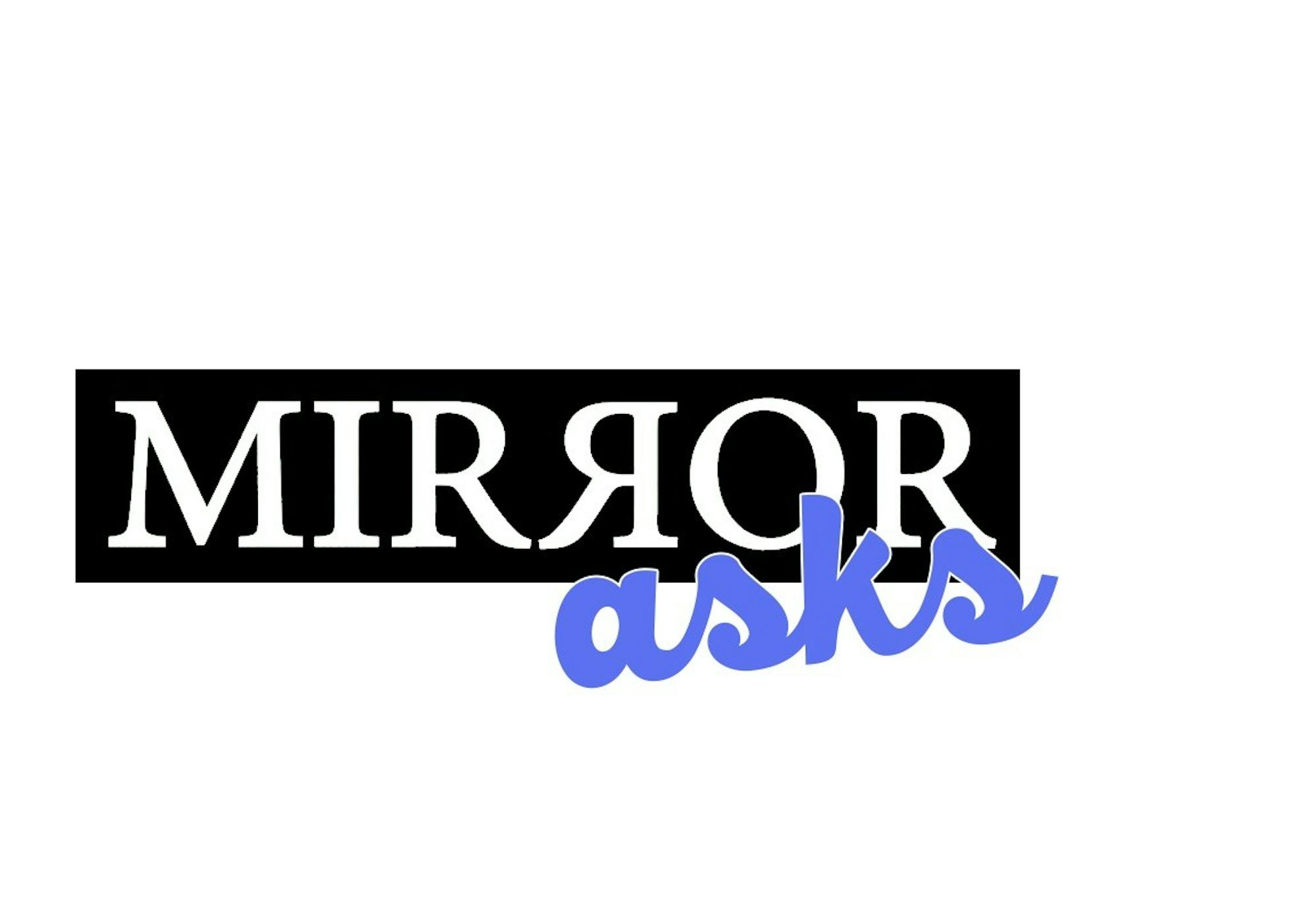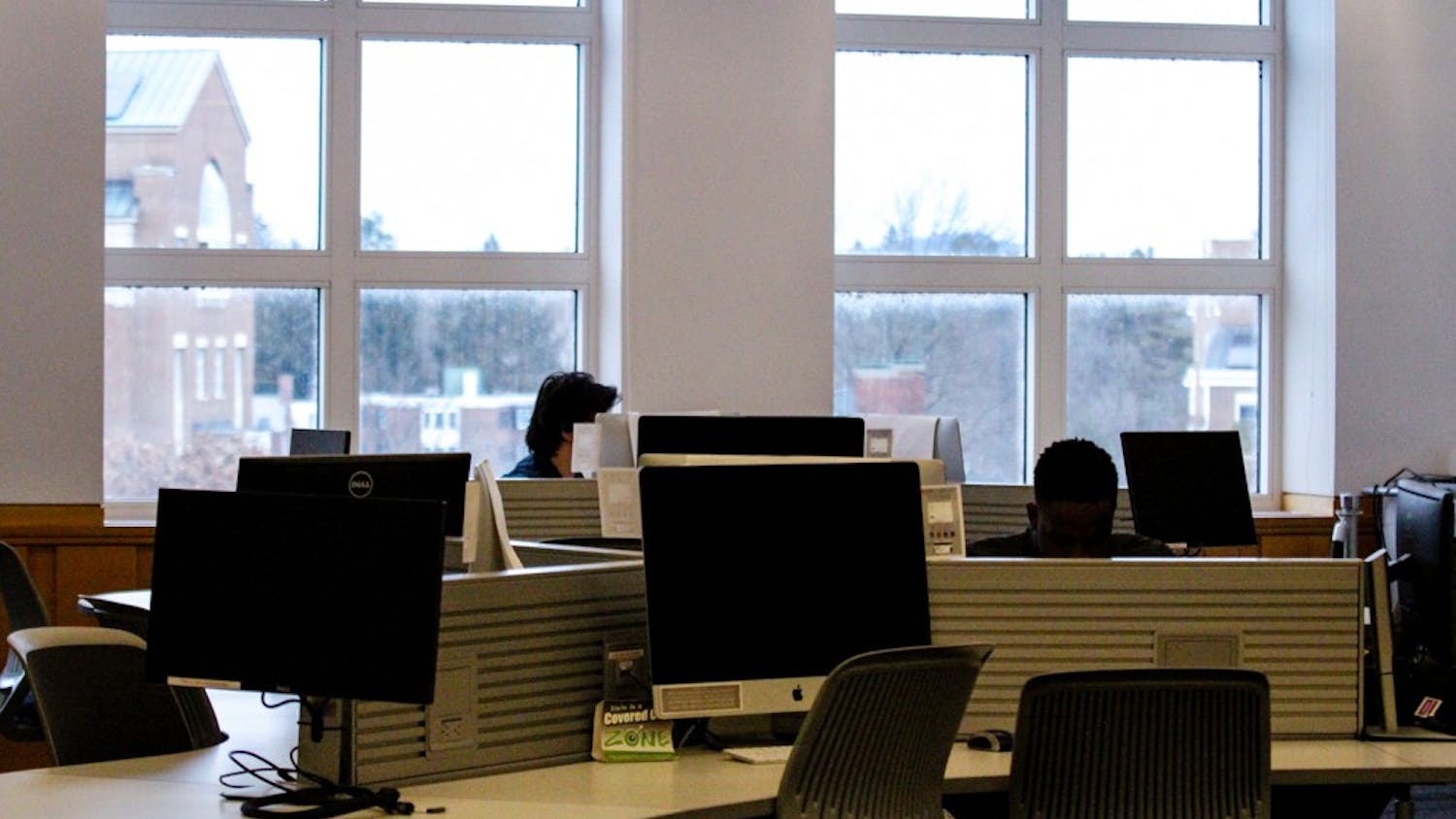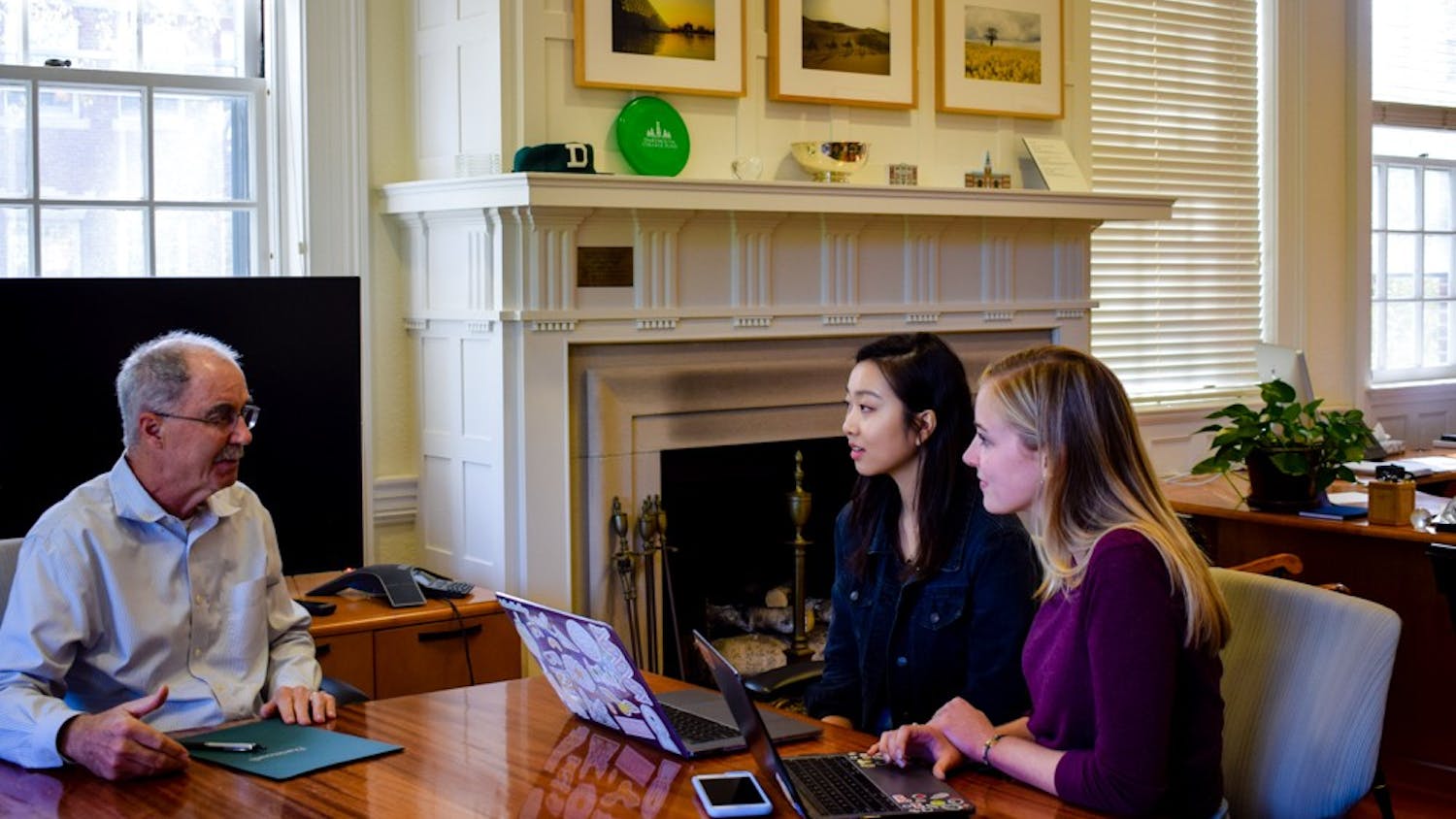What does justice mean to you?
Angelina Scarlotta ’23: Appropriate consequence, positive or negative, for action.
Anne Johnakin ’23: I think justice is getting what is fair, right and just. It’s hard to define; I think it’s more of a gut thing. We, at our core, know what is right and wrong, and true justice is acting in accordance with that.
Christina Baris ’22: I think that justice is really hard to define. To me, if something is just it is the right thing. However, it is often hard to know what the right thing is in certain situations.
Elizabeth Whiting ’21: Justice means the right thing. That’s simple. But context can make the right thing so obscure that justice becomes an ideal.
Charlie Ciporin ’23: Justice is everyone being treated fairly and equally.
Caris White ’23: Justice is when laws are made and enforced fairly and when there is true equality and redemption for the oppressed.
How does the law impact your day-to-day life?
AS: There are not any huge effects on me personally, but it would be incorrect to say that I am unaffected by the law. It influences every little thing that we do or is done to us, from making impactful moral decisions to simply stopping for pedestrians at the crosswalk.
AJ: Well, obviously, I have to follow the law. But generally, I don’t do things that would be illegal, so the law doesn’t cross my mind in regards to my own life.
CB: It sets boundaries on my actions. Although I’d like to think that, on most days, I don’t consider doing things that would be against the law.
EW: The law generally makes the world a safe place for me to exist within my bubble.
CC: Most days, I’m not sure if it does; I think it’s so engrained in me and in society that I don’t notice myself following or not following it.
CW: I don’t interact with the law on a daily basis, but it implicitly shapes the way I view right and wrong, therefore impacting decisions I make every day.
How have you experienced justice in Hanover?
AS: This isn’t exactly justice-related, but I constantly see students actively getting involved in government — whether by exercising their right to vote, joining political clubs on campus or taking classes to learn more about the government.
AJ: I don’t think I have, or at the very least, I can’t think of an example.
CB: I honestly can’t say that I have. That is not to say that it doesn’t exist, I just don’t think I remove myself from Dartmouth enough to experience it.
EW: I am not quite sure what it means to “experience justice.” I feel I am most often treated very fairly in Hanover with a few memorable instances of injustice.
CC: Mostly by discussing it in a criminal justice class with professor Jennifer Sargent.
CW: I haven’t interacted enough with law enforcement or the courts to experience legal justice (or the lack thereof) in Hanover. I think justice in Hanover can be present in other ways, like when people are held accountable for their actions, even in small ways.
Do you ever feel the impacts of problems in the Upper Valley — like the opioid crisis — in Hanover?
AS: Because Dartmouth is in its own sort of bubble, I don’t really feel the effects of any issues like the opioid crisis in my day-to-day life. I am, of course, aware of them, but it is not something that I am regularly witness to.
AJ: I don’t interact with the outside community of the Upper Valley as much as I probably should, so I haven’t seen the effects of the opioid crisis. But we can see evidence of other issues, such as ICE agents coming to the Upper Valley.
CB: Again, it can be hard to feel the impacts of the “real world” while enclosed in the Dartmouth bubble. I think we should all strive to pop the bubble from time to time.
EW: I personally do not feel the impact. I am aware of the impact because I have seen the effects a tiny bit in Hanover, but more overwhelmingly in areas surrounding Hanover.
CC: I don’t think I do, but I try my best to be aware of these issues, and I would like to be more involved in the Upper Valley community moving forward in my Dartmouth career.
CW: I don’t. Since I don’t have a car and I am not involved in volunteering, I rarely interact with our larger Upper Valley community.
What is more important to you: equality or fairness?
AS: I think that equality is fairness. It only makes sense that people — regardless of gender, ethnicity or culture — should be treated equally and fairly.
AJ: I would say that more than either of those, I like the word “equity.” The definitions of equality and fairness get so muddled, it’s hard to tell exactly what they mean.
CB: Fairness. Everyone is born into varying degrees of privilege. Although we cannot change this innate inequality, we should strive to be a more equal-opportunity society.
EW: Fairness. I think that equality ignores elements that complicate equality and whether equality can be considered just, making fairness more important.
CC: Fairness.
CW: I think they’re intertwined. True equality requires fair treatment of everyone, and the concept of “fairness” is based on the premise that the parties being judged impartially are coming from places of equal footing.




